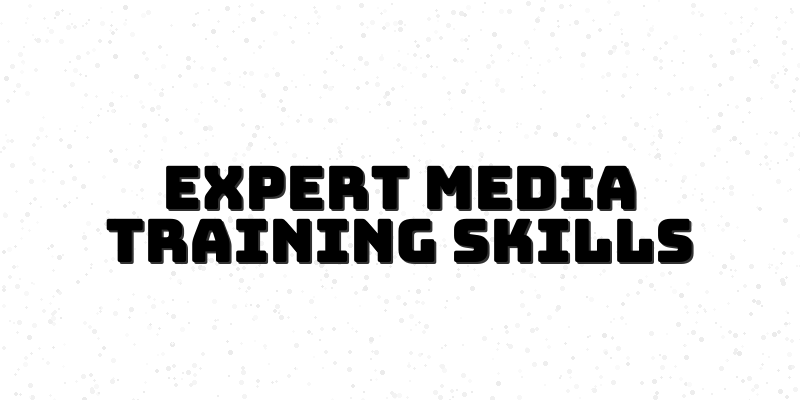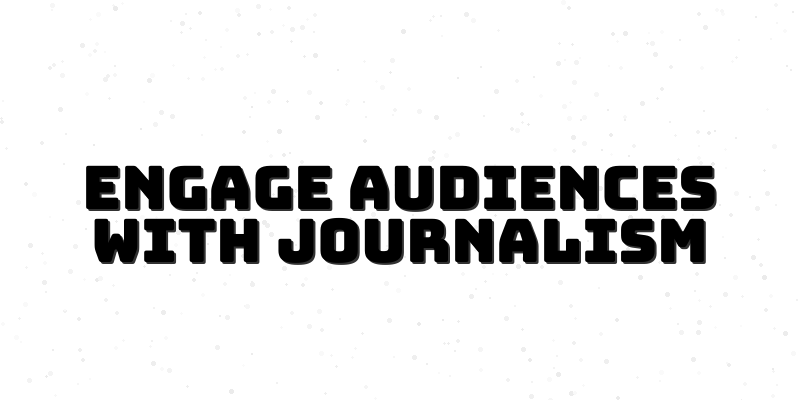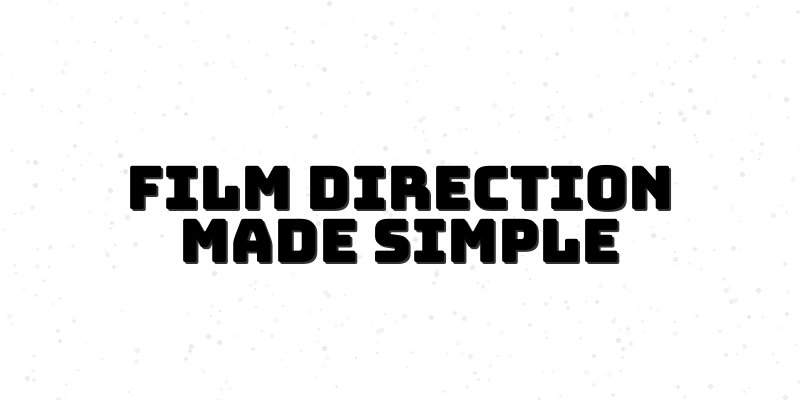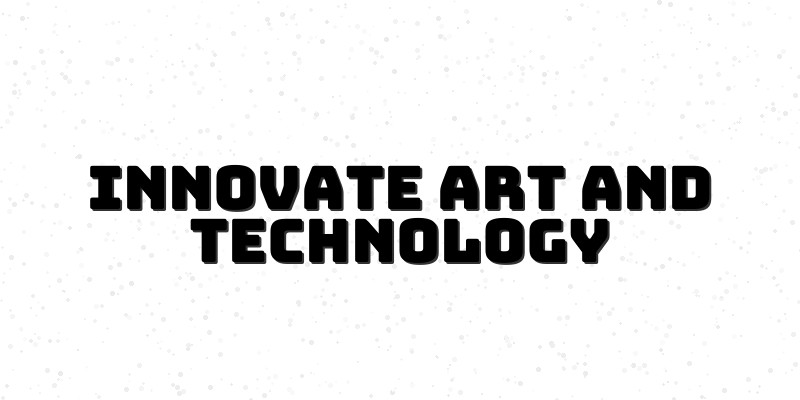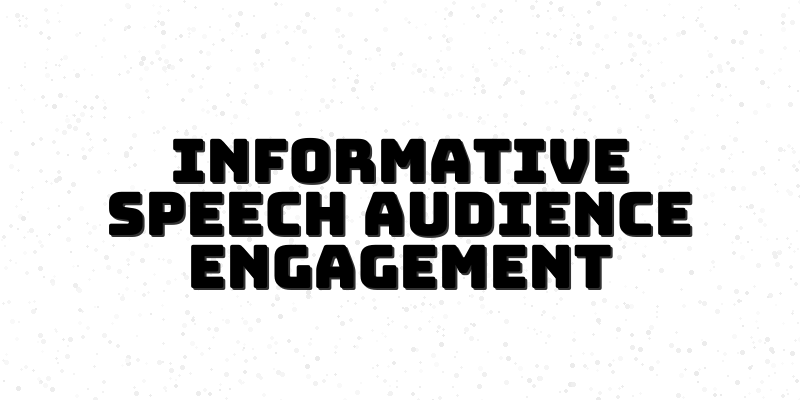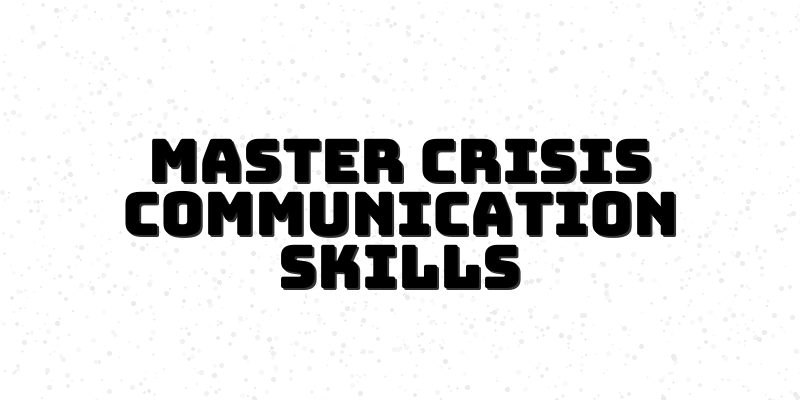Essential Media Interview Techniques for Effective Communication
In today's fast-paced media landscape, mastering media interview techniques has never been more critical. Whether you’re a public relations professional or an expert speaker, the ability to communicate effectively under pressure is essential. This blog post delves into advanced media interview skills that can help you shine in high-stakes scenarios. Read on to discover best practices, strategies, and tips for mastering the art of media interviews.
Understanding Media Dynamics
The media landscape today is constantly evolving, and understanding media dynamics is crucial for effective communication. Media interview techniques encompass a range of strategies that allow speakers to craft their messages, regardless of the pressure they face. By learning how to navigate media landscapes, you can better manage public perception and convey your messages effectively. This means familiarizing yourself with the types of media—social media, television, print—and how each operates. Knowing which platforms cater to your audience enhances your ability to communicate effectively and engages your listeners deeply. Additionally, understanding how journalists work and what they seek in interviews is vital for tailoring your approach to meet their expectations.
Media dynamics consist of not just understanding the media outlet, but also recognizing the unique audience it serves. Are they looking for hard facts, emotional stories, or perhaps a mix of both? Tailoring your message to resonate with their preferences maximizes your impact. Moreover, the urgency of news cycles can change everything; being adaptable and timely can give you a significant edge during interviews. Staying informed about current events and trends enables you to relate your messages to the topics that matter now.
Crafting Key Messages
Crafting key messages is a cornerstone of effective media interview techniques. These are the core ideas you want to communicate and should resonate with your audience's interests, needs, and expectations. One strategy is to formulate a message triangle: one main message supported by two to three key points that provide depth and context. This ensures clarity and consistency in your interviews, delivering information that stays with your audience long after they leave.
When developing your key messages, ask yourself, 'What do I want the audience to remember?' Being concise yet powerful is crucial; strong messages often incorporate storytelling elements that create emotional connections. Utilize facts, personal anecdotes, and relevant data to bolster your messages, making them memorable. Tailoring these messages based on audience research can further enhance their impact.
Managing Anxiety and Pressure
Anxiety can cripple even the most prepared speakers, especially in high-stakes media interviews. Mastering anxiety management techniques is essential for maintaining composure during tough interviews. Practicing deep breathing exercises, positive visualization, and self-affirmations helps ground you and puts you in a positive mindset. Additionally, understanding that nervousness is normal can alleviate some anxiety. Emphasizing preparation will bolster your confidence as well.
Developing a pre-interview routine can significantly reduce anxiety. This might include reviewing your key messages, rehearsing potential questions and answers, and turning back to your breathing exercises. By being familiar with your content and expectations, you position yourself to respond naturally instead of feeling overwhelmed by the situation.
Mastering Difficult Questions
In any media interview, you will inevitably encounter difficult questions that challenge your expertise and composure. It's essential to view these questions not as pitfalls, but as opportunities to clarify your key messages or highlight important aspects of your message. Engage in proactive preparation; create a list of potential difficult questions and develop strategic responses.
Using techniques such as bridging can help steer the interview back to your key messages. After answering the question, use phrases like, 'That brings me to…' or 'However, what’s essential to note is…' to smoothly transition back to your core messages. Additionally, training sessions or simulations with feedback can significantly bolster your ability to handle tough questions.
The Role of Body Language
Body language plays a critical role in media interviews. It can communicate confidence, authenticity, and trustworthiness, while also revealing anxiety or uncertainty. Be aware of your posture, eye contact, and gestures when responding to interview questions. Standing or sitting up straight, making consistent eye contact, and using open gestures can create an atmosphere of engagement during your interviews.
Moreover, mirroring the interviewer’s body language can create rapport and connection, enhancing the overall interaction. Being genuinely interested, nodding, and even mimicking their gestures in moderation conveys that you are listening and engaged.
Crisis Communication Techniques
Crisis communication is a specific area of media interview techniques that requires unique skills and strategies. In moments of crisis, clarity and transparency become paramount. Understand your audience and their concerns, and use your understanding to build your message. Quick responses must be factual and straightforward, avoiding the temptation to downplay the situation or offer vague answers.
Developing a crisis communication plan is essential for any individual or organization. Identify key players and establish clear lines of communication, determining who will speak publicly and how messages will be distributed. Consistent messaging across multiple platforms is crucial for maintaining public trust and credibility.

